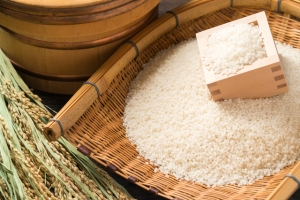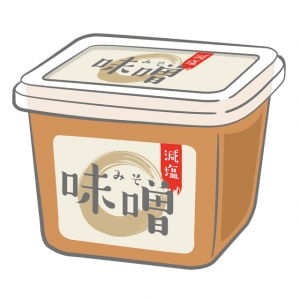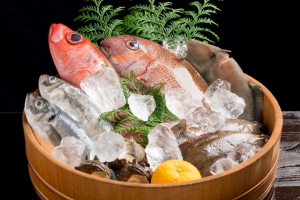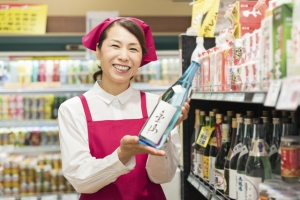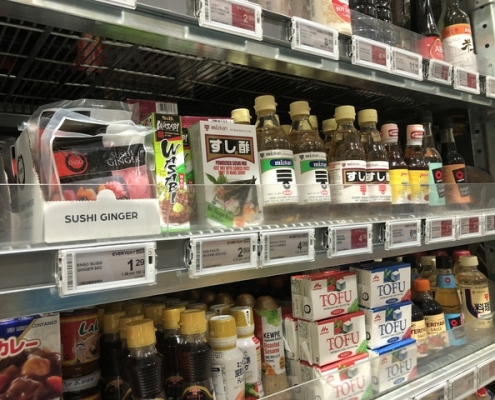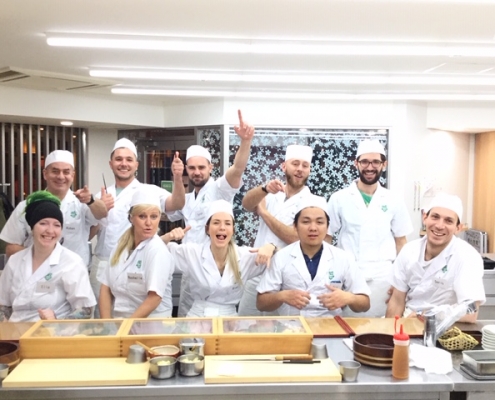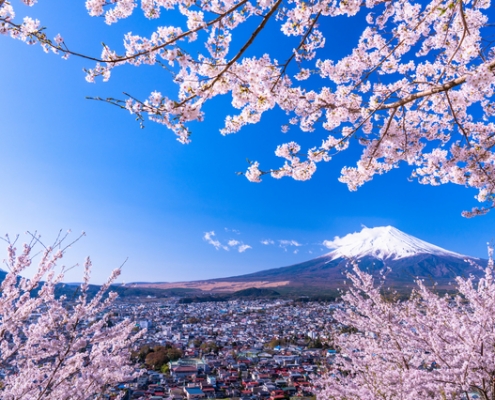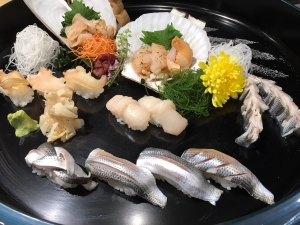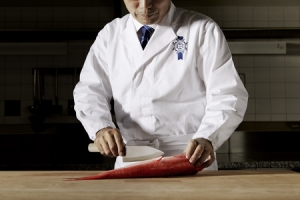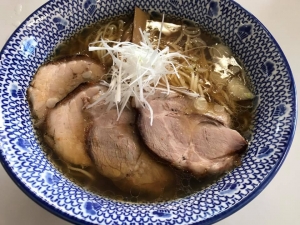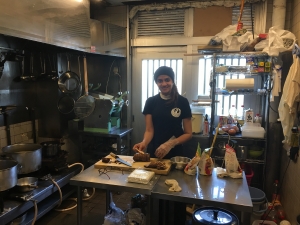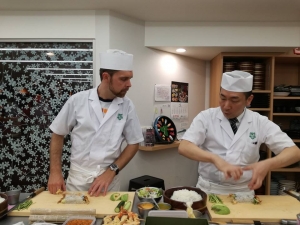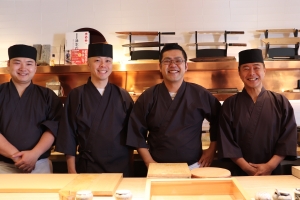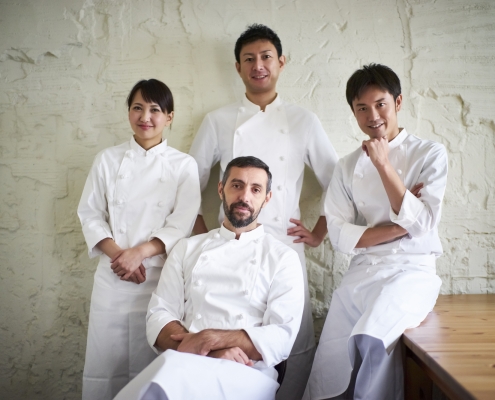Japanese grocery stores and ingredient suppliers in Italy
December 8 2021 Updated
This page is for food lovers and professional chefs in Italy that are looking for Japanese cooking supplies.
Rice
Japanese rice grown in Italy, such as Yumenishiki, is widely available.Japanese rice grown in Italy, such as Yumenishiki, is widely available.
Soy sauce
Various kinds of soy sauce, including Kikkoman (bottled in Europe), Marukin, Yamasa, Higashimaru and Yuasa are widely available. Cheaper soy sauce from Brazil can also be easily found in supermarkets.
Some high-end Japanese restaurants import soy sauce from Japan.
Miso
Miso made in a variety of areas, such as Japan, America, China, Brazil, etc. can be found in Italy.
Italians tend to prefer red miso to white miso.
Seafood
In Italy, you can get high quality seafood from all over Europe, tuna from Spain or Sicily, salmon from Scandinavia, sea bream and sea bass from the eastern Mediterranean and so forth.
High end Japanese restaurants buy scallops and young yellow-tail directly from Japan to set themselves apart from other restaurants. Compared to other countries, Italy has a great many Japanese menu items influenced by Italian cuisine such as tartar and carpaccio.
Alcohol
Until recently, globally available brands of sake, such as Gekkeikan, were the main types of sake available in Italy. However, since sake was featured at the Milan Expo of 2015, more companies have started to import sake and apparently, you can now find over 200 types of sake available in Italy.
Sake is mainly enjoyed as a digestif. Shochu, unfortunately, is still only really known to Japanese expats.
List of Japanese grocery stores and ingredient suppliers
Below is a list of Japanese food importers who wholesale to supermarkets and restaurants, as well as supermarkets that sell Japanese food to the general public.
This list consists of vendors frequently used by Japanese in your country. (Some shops carry not only Japanese cooking supplies but also kitchen ware)
Via Giovanni Keplero 30/32, 20019 Settimo Milanese (MI), Italia
https://www.jfc.eu/it/
Via Galileo Galilei 12/14 – 20875 Burago di Molgora (MB)
http://www.foodex.it/
Via Domenico Millelire, 49, 00136 Roma
https://www.sushi-sushi.it/
Via Filippo Turati, 102, 00185 Roma
Via E. Mattei 1 – 20068 – Peschiera Borromeo – Milano
http://www.uniontrade.info
Via Canonica, 54 20154 – Milano
http://www.kathay.it/
Viale Appio Claudio 208 00174 Roma
http://wagyuitaly.com/
Viale Appio Claudio 208 00174 Roma
https://firenzesake.com/
Number of Local Japanese People
14,600 Japanese people live in Italy, as of 2018.
Number of Local Japanese Restaurants
A 2015 JETRO (Japan External Trade Organization) report confirmed 630 Japanese restaurants in Italy, but as of 2021 that number is up to about 1,000.
For Italian People Wanting to Study Japanese Cuisine in Japan
Do you want to study Japanese cuisine in Japan one day? Chefs Wonderland, an agency for helping foreign visitors study cooking in Japan, can make all your cooking school dreams come true.
There are two main ways to study Japanese cuisine in Japan.
One way is to enroll in a culinary school.
The other is to find work at a Japanese restaurant in Japan, although this is not very easy to do.
How Many Italian People are Living in Japan?
As of 2018, there are 4,654 Italian people are living in Japan
In addition, 150,060 Italian people visited to Japan in 2018.
Study Japanese Cuisine at a Culinary School
If you want to attend a Culinary Technical College for Japanese people, you need to be able to speak fluent Japanese, but even if you can’t speak Japanese, you can study Japanese cuisine at one of the following schools that offer English courses lasting anywhere from one day to three months.
There are classes for beginners, short-term intensive courses to get a certificate, and private classes for professional chefs.
Culinary Schools in Japan
Tokyo Sushi Academy
The first and the most popular sushi school in the world.
Le Cordon Bleu Tokyo
An academic program that reflects the latest trends in Japanese cuisine.
Miyajima Ramen School
More than 1,000 graduates from over 50 countries.
International Ramen School
Ramen study program combined with OJT
Sushi Private Lesson
One day customized private sushi lesson
90min Sushi Making Workshop
90min sushi making lesson for FUN!
Study Japanese Cuisine While Working
Under the current immigration laws, foreigners have very limited opportunities to work in restaurants in Japan, you would need a working holiday visa, a spouse visas, or a type of special activity visa issued only to a few people. If you want more information on studying Japanese cuisine while working in Japan,
please see the following article.



